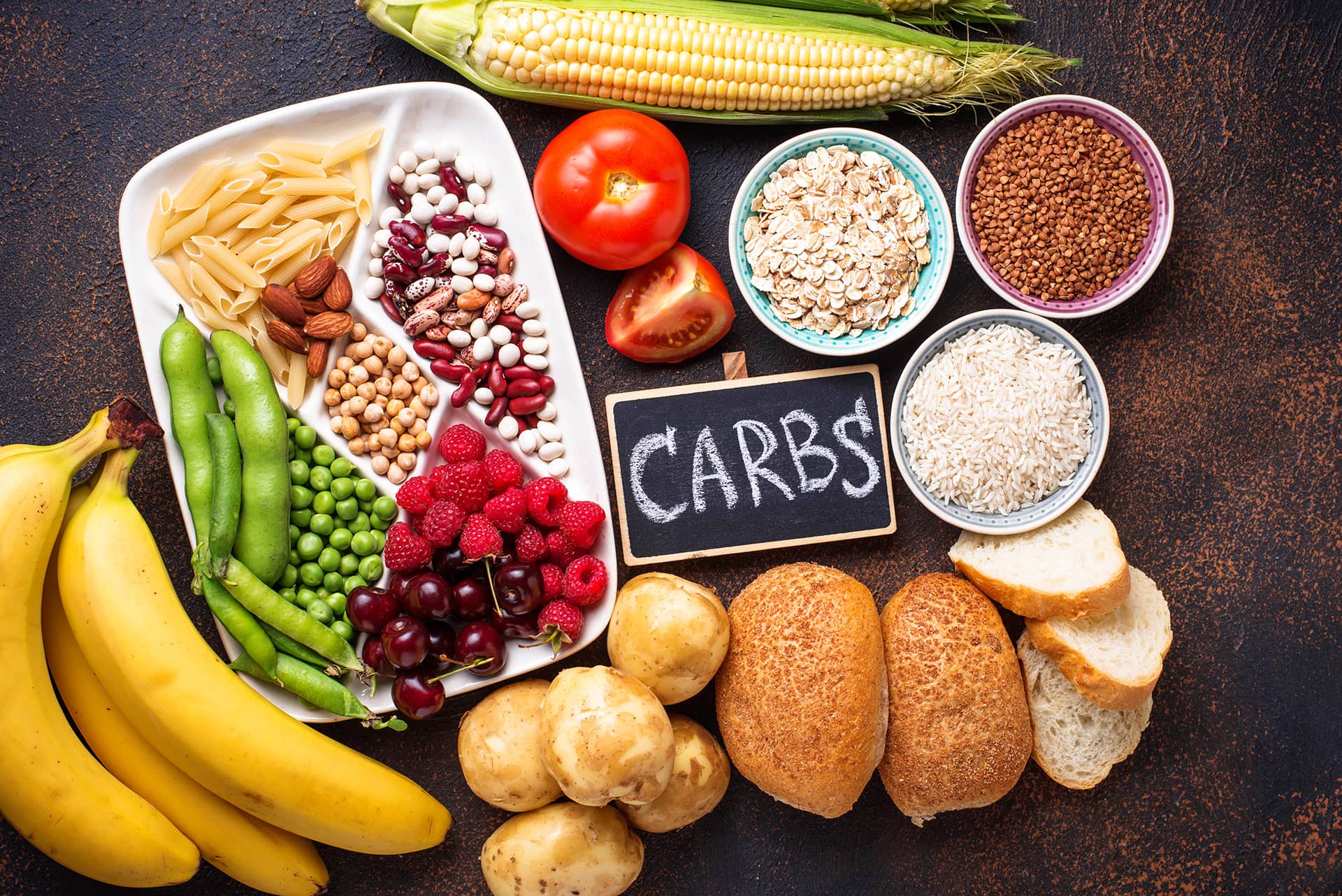The foods we eat on a daily basis are either helpful or harmful.
While it appears that acute inflammatory responses can be helpful because they allow our bodies to fight injury and infection, the World Health Organization (WHO) states that prolonged and chronic inflammation puts us at risk of developing chronic diseases such as obesity, diabetes, cardiovascular disease, chronic obstructive pulmonary disease (COPD), cancer, arthritis and more (Pahwa, 2020). Sustained inflammation may also turn on genes that contribute to the development autoimmune diseases and allergies.
By reducing or eliminating the following foods from your diet, you can decrease inflammation and protect yourself against the development of chronic diseases and illnesses.
- ALCOHOL
Alcohol is known as a major contributor of inflammation in the body. Studies show that individuals who consumed 30 or more grams of alcohol per day had increased C-reactive protein (CRP) levels in their bodies (Oliveira, n.d). A high level of CRP in the blood is a clear marker for inflammation. Excessive alcohol intake is also shown to promote hepatic inflammation which may eventually lead to fatty liver and/or cirrhosis. Empty calories from alcohol also contribute to a higher body weight and an increased body fat percentage. Even moderate alcohol consumption can cause elevated visceral fat levels and abdominal obesity (Cigolini, n.d.). Individuals with above average visceral fat release more of the inflammatory marker IL-6 in their bodies, thus contributing to more inflammation. The Academy of Nutrition and Dietetics recommend limiting alcohol intake to only 1 drink per day for women and 2 drinks per day for men in order to prevent some of the harmful health effects of alcohol consumption. However, eliminating alcohol consumption all together is the solution to lowering inflammation and solving a growing public health problem. To read more about the effects of alcohol on body composition, click here.
2. DAIRY
Foods high in saturated fats have been shown to increase low-grade inflammation in our bodies. Full fat dairy contains plenty of saturated fats, which is why dairy is often to blame when inflammation is present. In a 2015 study, individuals who ate dairy every day were more likely to have low-grade inflammation present in their bodies compared to those who ate no dairy at all (Paturel, n.d.). Inflammation that persists after consuming dairy is also highly dependent on whether or not the individual carries the lactase enzyme, which is the enzyme needed to digest in lactose. Research suggests that more than half of the world’s population is lactose intolerant, and we stop producing the lactase enzyme around the age of 5. Therefore, inflammation is unavoidable if we are lactose intolerant and consume dairy.
In addition to inflammation, common symptoms associated with lactose intolerance include bloating, diarrhea, flatulence, stomach cramps, and nausea. Dairy consumption can also affect us externally by contributing to acne breakouts and other skin issues. Cow’s milk is used to stimulate the release of hormones in calves that will help them grow. When we consume cow’s milk, hormones in our body are released in a similar way that they are in calves. The stimulation of these hormones when we consume dairy have been shown to trigger breakouts and increase the incidence of acne.
3. GLUTEN
Gluten may cause poor digestion, bloating, and symptoms of irritable bowel syndrome (IBS) in some individuals, which is why many people without a diagnosed gluten allergy may choose to actively avoid gluten in their diets altogether (Shmerling, 2019). However, most of the inflammation caused by gluten is found in individuals who are allergic to gliadin and glutenin, which are the proteins found in gluten. An immune response ensues (which includes inflammation) when someone with a gluten allergy consumes gluten. For those with celiac disease, gluten consumption is a clear factor in an individual’s inflammation levels. Gluten consumption is also shown to negatively impact the health of those with thyroid disease. Gliadin (the protein found in gluten) takes part in a phenomenon known as “molecular mimicry”, where the gliadin is able to mimic the thyroid hormone transglutaminase. Individuals with thyroid disease who consume gluten will therefore have an increased amount of transglutaminase in their bodies, which can cause the body to attack its own tissues (Wong, 2017). However, even if you don’t have celiac disease or thyroid disease, new research shows that limiting gluten may be a good way to reduce our body’s inflammatory markers. The release of zonulin, an inflammatory protein, is triggered when gluten is consumed (Neimark, 2015). Additionally, limiting gluten is a great way to prevent or stop gluten intolerance, which is becoming more prevalent in our society. Symptoms of gluten intolerance include constant fatigue, malnutrition, decreased bone density, joint pain, inhibited ability to concentrate (commonly referred to as “brain fog”) nausea, vomiting, and abdominal cramping.
4. ADDED SUGARS
Frequent consumption of added sugars is a huge contributor to inflammation, in addition to obesity and insulin resistance. C-reactive protein levels skyrocket after consuming refined sugars, and those levels stay elevated for many hours after eating. One study found that those who consumed one can of soda per day (that’s about 40 grams of added sugar) led to a considerable increase in CRP, insulin resistance, and even LDL cholesterol in the body (Aeberli, 2011). Furthermore, considerable weight gain was observed in addition to increasing inflammation levels in just 3 weeks of participants drinking one can of soda per day. Limiting or eliminating refined sugars from our diets is crucial in order to reduce our body’s inflammatory response and prevent undesirable weight gain. Limiting refined sugars is also a good idea because they are truly just a waste of calories. Added sugars are commonly referred to as “empty calories”, because although they contribute a significant number of calories, they do not provide our bodies with any important nutrients, vitamins, or minerals.
DECREASING INFLAMMATION IS A CONSTANT EFFORT
Many of those who grew up eating a standard American diet may find it shocking that what they consume every day- alcohol, dairy, gluten, and sugar- are a detriment to their health by causing high levels of bodily inflammation. By making a conscious effort to limit or eliminate inflammatory foods from your life, you can greatly improve your overall health and wellbeing.
By: Sara De Luca, RD, CDN, CPT and Simone Gmuca, Dietetic Intern
References:
Aeberli. (n.d.). Low to moderate sugar-sweetened beverage consumption impairs glucose and lipid metabolism and promotes inflammation in healthy young men: A randomized controlled trial. Retrieved January 10, 2021, from https://pubmed.ncbi.nlm.nih.gov/21677052/
Cignoli, M. (n.d.). Moderate alcohol consumption and its relation to visceral fat and plasma androgens in healthy women. Retrieved January 12, 2021, from https://pubmed.ncbi.nlm.nih.gov/8653140/
Neimark, J. (2015, December 9). A Protein In The Gut May Explain Why Some Can’t Stomach Gluten. Retrieved January 12, 2021, from https://www.npr.org/sections/thesalt/2015/12/09/459061317/a-protein-in-the-gut-may-explain-why-some-cant-stomach-gluten
Oliveira. (n.d.). Alcohol intake and systemic markers of inflammation–shape of the association according to sex and body mass index. Retrieved January 07, 2021, from https://pubmed.ncbi.nlm.nih.gov/20083478/
Pahwa, R. (2020, November 20). Chronic Inflammation. Retrieved January 07, 2021, from https://www.ncbi.nlm.nih.gov/books/NBK493173/
Paturel, A. (n.d.). Dairy and Inflammation. Retrieved January 07, 2021, from https://www.arthritis.org/health-wellness/healthy-living/nutrition/healthy-eating/dairy-and-inflammation#:~:text=It’s%20clear%20that%20a%20diet,Hu .
Shmerling, R. (n.d.). Ditch the Gluten, Improve Your Health? Retrieved January 07, 2021, from https://www.health.harvard.edu/staying-healthy/ditch-the-gluten-improve-your-health
Wong, K. (2017, March 27). Gluten and Thyroid Health. Retrieved January 12, 2021, from https://juniperpublishers.com/jojph/pdf/JOJPH.MS.ID.555563.pdf



